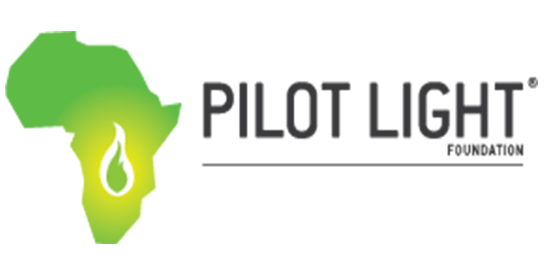6/9/14
This morning we left Kabale, descending from the mountains, past the enormous flower farm belonging to President Museveni’s wife and into the rolling hills covered in banana trees to see our Coffee Farmer Cooperative in Rukingiri, a town about two hours away.
Father Ignatius, who is a young priest with unstoppable energy and a heart of gold is our partner on this project. We started off having breakfast at his house on the peaceful grounds of his church, in good company, laughs and conversation. After breakfast, we visited the new factory, which will be ready for business tomorrow. This is a group of 700 farmers that have specific goals and are eager and hard working to reach them. They only received the second grant from Pilot Light one month ago and in that time have rented the building and land for drying coffee, built the hulling machine and organized dealers that will buy the processed coffee from the cooperative.
The cooperative employs three extremely bright young men, a program director, an accountant and a records person. Today, I learned so much from them. I learned that coffee and cotton are the biggest cash crops in Uganda and that because of a disease called banana wilt, many banana farmers are switching to growing coffee. I learned that coffee has two seasons, one for Arabica and one for Robusta, which do not flower at the same time. I learned about the process of preparing coffee from the tree to be ready for roasting. For now, the cooperative will have to sell processed coffee to dealers who will roast, package and export it, as there is no roaster, but they are hoping to purchase one eventually. I was very interested to learn that the farmers are also being instructed on organic farming, health and HIV issues, protecting the environment, water protection and women’s empowerment.
We also met with a group of the farmer group leaders who took the opportunity to ask questions of Father Ignatius and Delphin and I. They voiced concerns and answered our questions, as well.
This is a very different kind of project than the Batwa project, but it has the capacity to seriously improve the lives of many families. Already, one of the model farmers told us that he has been able to buy a motorcycle that he can use to make more money as a motorcycle taxi, known here as a boda boda and school fees for his children.
Tonight, we are at a small hotel, up on a hill overlooking the town. There is a gentle wind blowing and we can hear the loud roar of kids cheering at a big soccer game below. There is no power in this town tonight, but that somehow adds to the peacefulness. Since there is no Internet (or power for that matter), this blog post will be posted a day after it was written.

